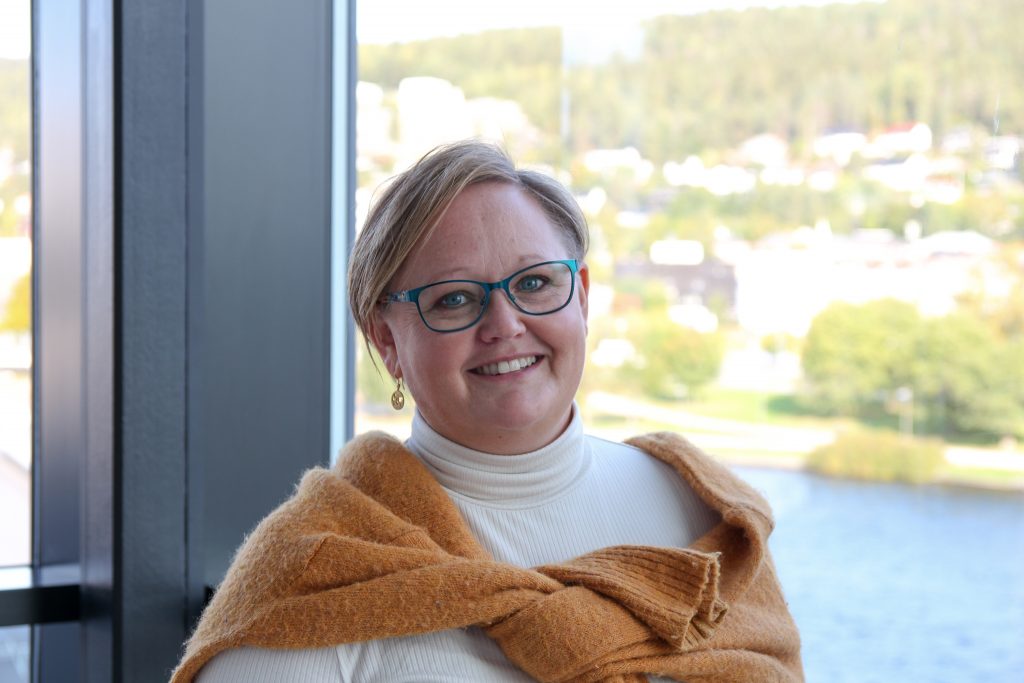What can historians in the history of medicine and health offer when a crisis in medicine occurs?
By Vibeke Narverud Nyborg (Associated Professor 2 at PANSOC, with research financed by University of South-Eastern Norway).

The conference from the European Association in the History of Medicine and Health (EAHMH) has just taken place at the University of Oslo. The theme for this conference was “Crisis in Medicine and Health,” a timely theme considering the recent experiences with COVID-19. However, being a conference in history most sessions drew on experiences occurring far earlier than the last pandemic, leaving to the participants to also reflect upon how historians can apply their research to the present and what the role and responsibilities historians have when a new crisis in medicine and health occurs.
Firstly, historians in medicine and health, like most other people and scholars do not agree upon how their research can be applied and to what extent historians have a role and a responsibility to act and share their knowledge of past events in time of crisis. These are hence my own reflections based on my own experiences together with insight gained through this recent conference and discussions with colleagues presenting here.
Historians work with the past. When it comes to dealing with crisis this can be considered a blessing, as both time and space give us the necessary space to reflect and see a broader picture when dealing with the actual crisis. The past and past events differ from the present despite some trajectories and pathways to some extent appears remarkably similar. This leads us to the question; can we learn anything from history? Is it possible to draw knowledge from historical lessons? Historians disagree on this too. While some will deny the possibility of any lessons to be learned other simply state that it is impossible not to take advantage of history, as we are all results of the historical context and past society is based upon.
My view in this is that lessons cannot be drawn from history in the sense that 1 = 1, that is this event happened before, therefor the same event will lead to the same consequences again. The past is different, knowledge, people and society develop. However, historical knowledge will contribute to see patterns, contribute with significant contextual framing which can make us point to consequences of decisions, stories that became invisible, people not heard, different responses to the same medical threats and risks taken by individuals and/or society to cope with the threats opposed by medical and health issues. Historians can also contribute with reflections concerning consequences in the aftermath of crisis, because they are trained in understanding how continuity and change appear and what factors that can be seen as plying into what prevails and what changes after specific events.
Dealing with past epidemics and pandemics in my research, working together with knowledgeable colleagues in an interdisciplinary team and living through a medical crisis such as COVID-19, my experience is that historians have a lot to offer concerning knowledge about past medical crisis, if people are willing to listen. We can use this knowledge to contribute with understanding and contextualizing, framing a current crisis within a broader picture. What we cannot do is to predict the future based on our past knowledge, which often seem to be what people expect. Historians deal with the past, we do not predict for the future.
The Centre for Research on Pandemics and Society (PANSOC) is quite unique in its approach to investigate and research historical epidemics and pandemics, exploring societal consequences, both short and long term on past pandemics. The variety of approaches involving, social inequalities, disparities, economic, minorities, legislative, political and individual experiences on medical crisis give a unique knowledge relevant to the present as well as future pandemics if we do not let these experiences be part of the crisis memory gap, but continuously contribute to claim our relevance and advocate the knowledge we gain from our research to other academics, politicians and policy makers.
EAHMH 2023 was hosted by University of Oslo, 30 August to 2 September. For more information about the conference visit the website: https://www.eahmh23.org/
